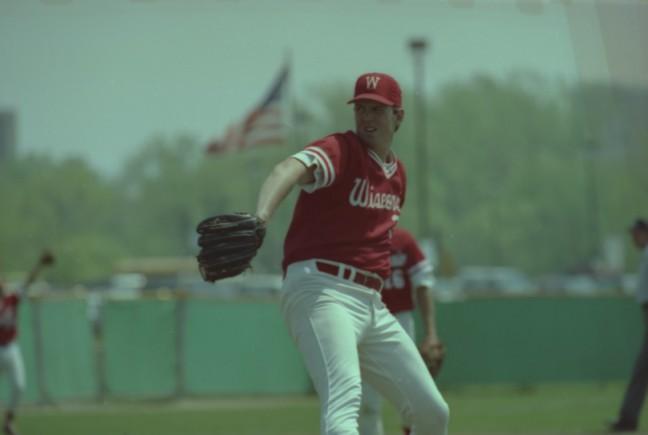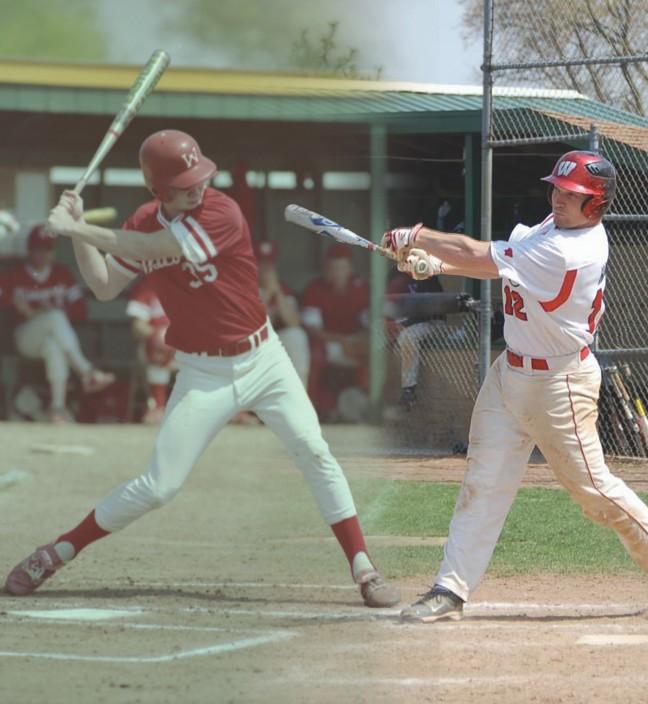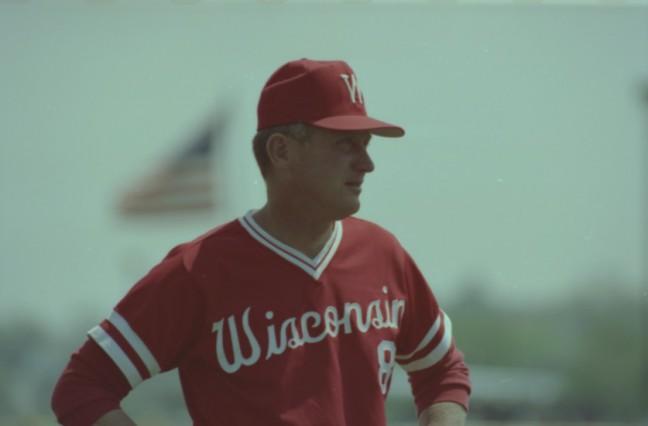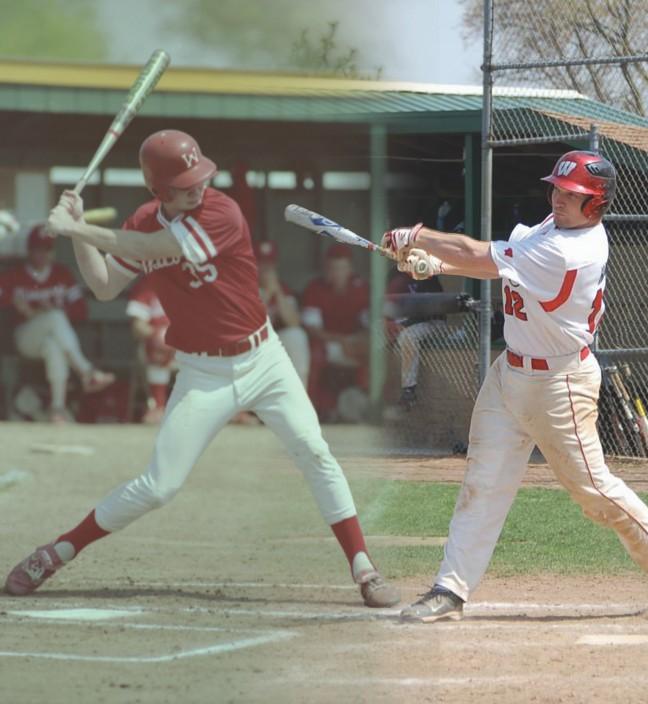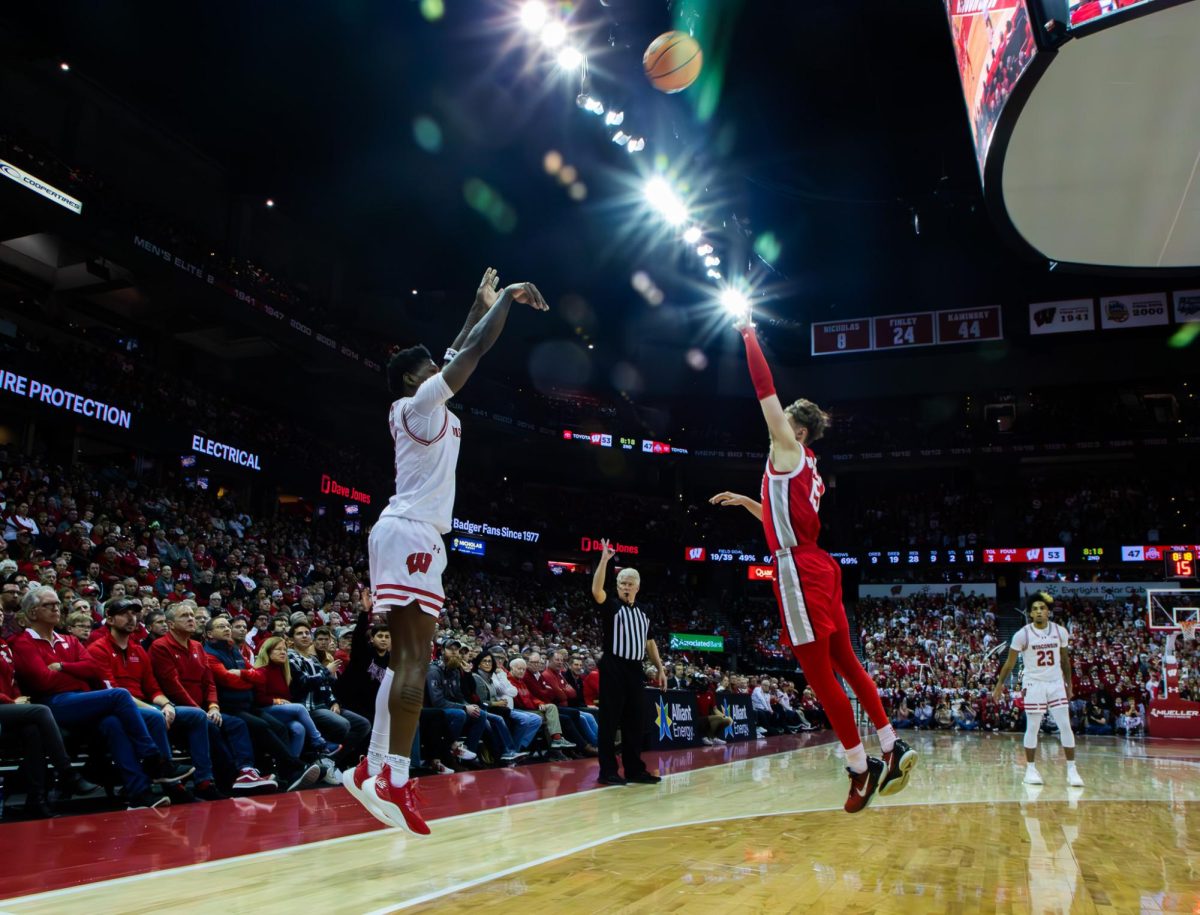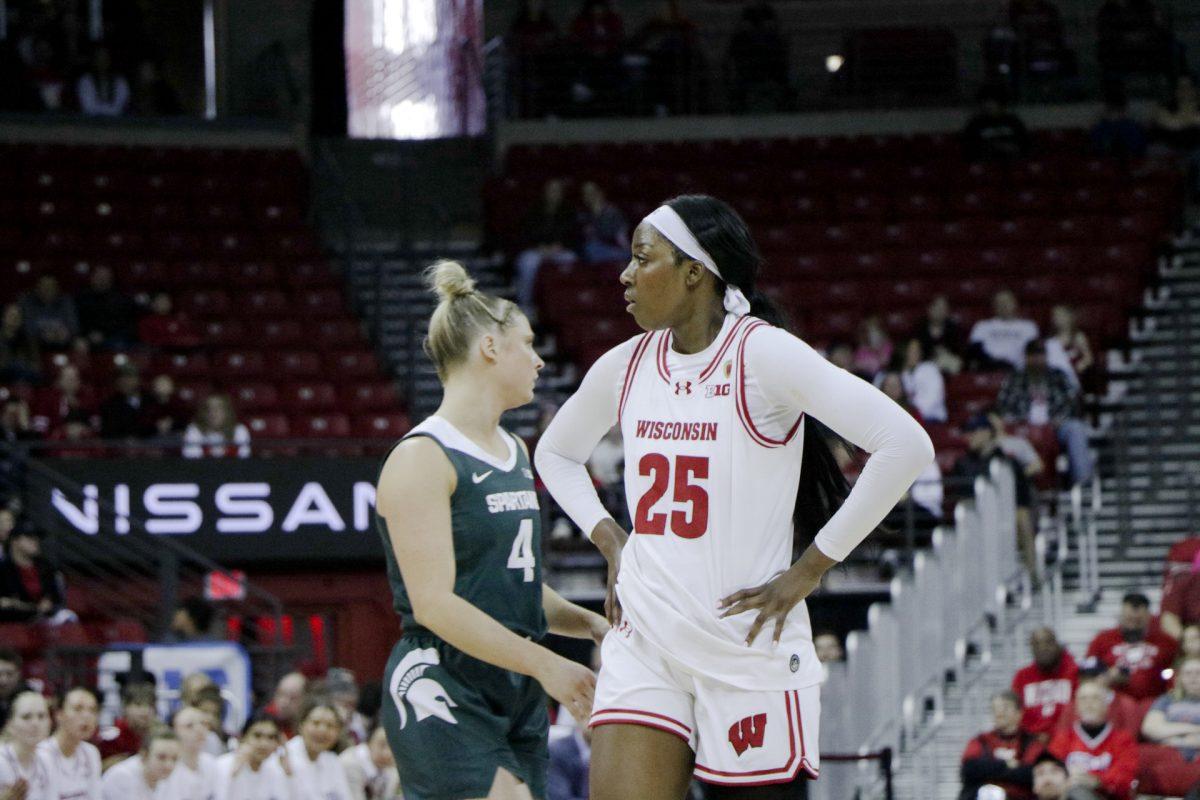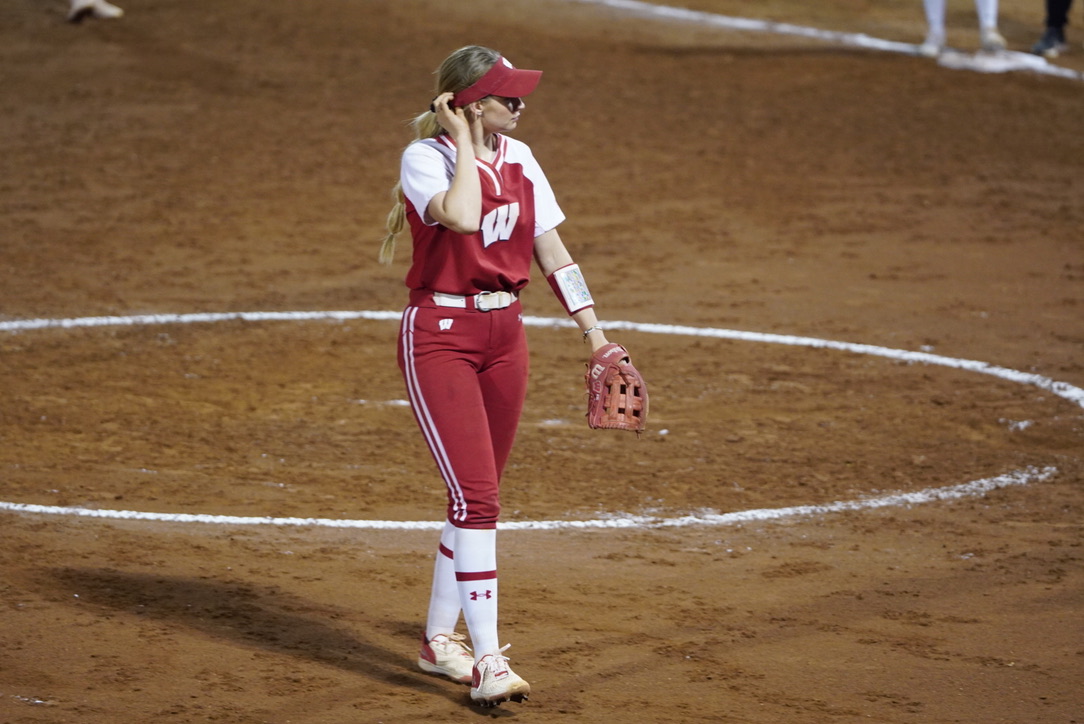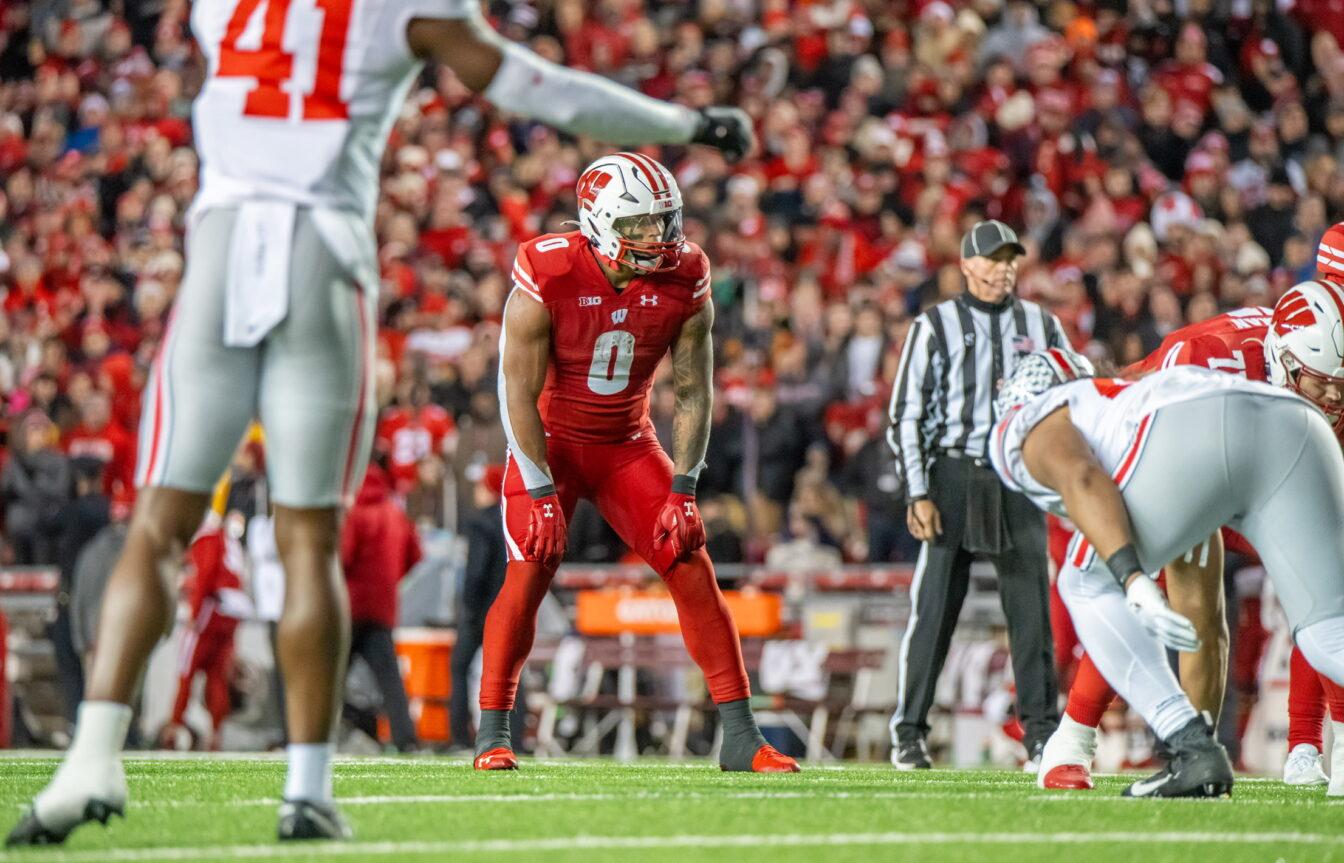This is a story about a Los Angeles Dodger who not only had to fight off opposing pitchers, but also preconceived notions that his type didn’t belong in baseball. It is not the story of a player who wore the number 42, but of a player who died at the age of 42. It is not the story of Jackie Robinson; it is the story of Glenn Burke.
Long before the NBA’s Jason Collins did his cover story confessional for Sports Illustrated revealing his homosexuality, Glenn Burke fought through a gauntlet of prejudice and hatred surrounding his sexuality.
Burke entered the majors in 1977, and achieved national attention in his rookie season not because of his homosexuality – that was kept secret for as long as possible. No, Burke garnered national attention for becoming known as the creator of the “High Five.”
That year, the Dodgers became the first team in baseball history to have four players hit 30 homeruns in a season. No team has ever repeated the feat. On the last day of the ’77 season, Dusty Baker hit his 30th homerun to become the fourth Dodger to reach the milestone. (Steve Garvey, Reggie Smith, and Ron Cey were the other three.) Burke was waiting on deck, and walked toward Baker with his hand high in the air. Baker hit it up top, and the high five was born. (Burke then proceeded to go to the plate and hit his own home run.)
Burke was a quality player from the beginning, and was the only rookie to start in the 1977 World Series. In the locker room that year, he was popular with his teammates. One teammate referred to him as the funniest man he had ever met; “a mix between Richard Pryor and Eddie Murphy.”
Almost everyday after practice or a game Burke could be found dancing on top of the lockers and had teammates saying Burke could dance circles around John Travolta, who had just come out with “Saturday Night Fever.”
Although his relationship with many of his teammates was great, there was no hiding the fact that manager Tommy Lasorda and owner Al Campanis were uncomfortable with having Burke as a member of the team as rumors of his sexuality started to swirl among players and members of the media.
It got to the point where Campanis actually offered Burke $75,000 to get married, to which Burke responded, “I guess you mean to a woman”? Burke not only turned down the offer, but he started having a relationship with Lasorda’s gay son, “Spunky,” which ended up being the final straw for Lasorda and Dodger management. Burke was traded to the Oakland Athletics.
Oakland was at times a great place for Burke, but there was a deep dark side to his existence there as well. While the San Francisco community was recognized for being accepting of individual freedom as it relates to sexual choices, the Athletics manager, Billy Martin, had no tolerance whatsoever. When Martin introduced Burke to his new teammates, he barked, “This is Glenn Burke, and he is a faggot.”
“By 1978, I think everyone knew,” Burke wrote in his 1996 autobiography, “Out at Home.” By “everyone” Burke meant all of his friends and family, the majority of players in baseball, and even members of the media. One reporter was overheard as saying he knew about Burke’s sexuality but he “couldn’t put that in the paper.”
Glenn Burke had to quit the game he loved at the young age of 27 because of the hatred he received day in and day out. He went on to become the face of the first-ever Gay Games in 1982 by winning medals in the 100- and 200-meter sprints.
In an Inside Sports article from 1982, Burke’s sexuality became public knowledge. After turning to drugs over the course of the mid-to-late ’80s, Burke became HIV positive and died in 1996.
It never mattered to Burke that people didn’t approve of “that” lifestyle, because he wanted to live his life in an open manner and perhaps change the stereotype that a homosexual could not play professional sports.
“My mission as a gay ballplayer was the breaking of a stereotype, and I think it worked.” Burke told People magazine in 1995. “They can’t ever say now that a gay man can’t play in the majors, because I’m a gay man and I made it.”
Perhaps Burke’s story was one that wasn’t ready to be heard by many at the time. “I think everyone just pretended not to hear me,” Burke told People.
Now, more than three decades later, Jason Collins is recognized as the first gay athlete.
While Burke had to leave the game he loved, Collins has no need to worry about such a path. The reaction to Collins has been overwhelmingly positive. This past week he has enjoyed tremendous support from fellow players, celebrities, the public and the media. It shows we are headed in the right direction as a society, and one can expect more athletes to take similar steps in the near future.
While we’re applauding Jason Collins, a round or two in memory of Glenn Burke is worthy. He stood up in the face of disheartening and painful adversity to stay true to himself.








